Government censorship has found its way to Bluesky, but there’s currently a loophole thanks to how the social network is structured.
Earlier this month, Bluesky restricted access to 72 accounts in Turkey at the request of Turkish governmental authorities, according to a recent report by the Freedom of Expression Association. As a result, people in Turkey can no longer see these accounts, and their reach is limited.
The report indicates that 59 Bluesky accounts were blocked on the grounds of protecting “national security and public order.” Bluesky also made another 13 accounts and at least one post invisible from Turkey.
Given that many Turkish users migrated from X to Bluesky in the hopes of fleeing government censorship, Bluesky’s bowing to the Turkish government’s demands has raised questions among the community as to whether the social network is as open and decentralized as it claims to be. (Or whether it’s “just like Twitter” after all.)
However, Bluesky’s technical underpinnings currently make bypassing these blocks easier than it would be on a network like X — even if it’s not quite as open as the alternative social network Mastodon, another decentralized X rival.
A Mastodon user could move their account around to different servers to avoid censorship targeted at the original Mastodon instance (server) where they first made posts that attracted the censors.
Users on the official Bluesky app can configure their moderation settings but have no way to opt out of the moderation service Bluesky provides. This includes its use of geographic labelers, like the newly added Turkish moderation labeler that handles the censorship of accounts mandated by the Turkish government. (Laurens Hof has a great breakdown of how this all works in more technical detail here on The Fediverse Report.)
Simply put, if you’re on the official Bluesky app and Bluesky (the company) agrees to censor something in your region, there’s no way to opt out of this to see the hidden posts or accounts.
Working around censorship in the Atmosphere
Other third-party Bluesky apps, which make up the larger open social web known as the Atmosphere, don’t have to follow these same rules. At least, not for now.
Because Bluesky is built on top of the AT Protocol, third-party clients can create their own interfaces and views into Bluesky’s content without applying the same moderation choices. Meanwhile, the censored accounts in question aren’t banned from Bluesky infrastructure, like relays and personal data servers (which others outside the company can run, too).
Instead, the accounts are moderated by the geographic labelers at the client level. Currently, Bluesky doesn’t require any third-party apps to use its geographic moderation labelers, which would force the apps to geolocate their users and then apply the appropriate regional restrictions. That means any app that doesn’t implement the existing geographic labelers isn’t censoring these blocked Turkish accounts.
In other words, apps like Skeets, Ouranos, Deer.social, Skywalker, and others can currently be used to bypass Turkish censors.
This “solution” comes with several caveats, unfortunately.
The app developers’ choice not to use geographic labelers isn’t necessarily intentional. Adding the geographic labelers would be extra work on their part, and most have simply not bothered to implement them yet. In addition, these third-party apps have much smaller user bases than the official Bluesky app, which allows them to fly under the radar of government censors. That also makes decisions like this less of a concern for the app developers — at least for the time being.
If these third-party apps grew popular enough, a government like Turkey’s could also approach them and demand action. And if they failed to comply, they could risk their app being blocked in the country (e.g., several Bluesky app developers told us they won’t worry about adding geographic labelers until Apple approaches them about a potential removal from the App Store).
Because avoiding labelers is seemingly not a permanent solution, one developer, Aviva Ruben, is building an alternative Bluesky client called Deer.social that works differently. Here, users can choose to entirely disable Bluesky’s official moderation service and labelers in favor of using other third-party labelers instead.
Plus, the app allows users to configure their location manually in its settings — an option that would let users avoid geolocation-based blocks and censorship.

“I like the current policy, but I do fear it will get more restrictive or change in the future — a great reason to continue pushing on alternative AppViews,” Ruben said, referencing the need for alternative ways to access and view Bluesky’s data.
Though today’s government censorship concerns are focused on Turkey, Bluesky’s community has to prep for a future where any government, including the U.S., could request that the company hide posts beyond only those that are blatantly illegal, like CSAM.
Ruben says Deer.social would add a “no location” option to the app at this point, so users could choose to avoid all geographic labelers.
Despite these possible loopholes, censorship has arrived at Bluesky. And considering the official app reaches the largest number of people, this is a notable evolution.
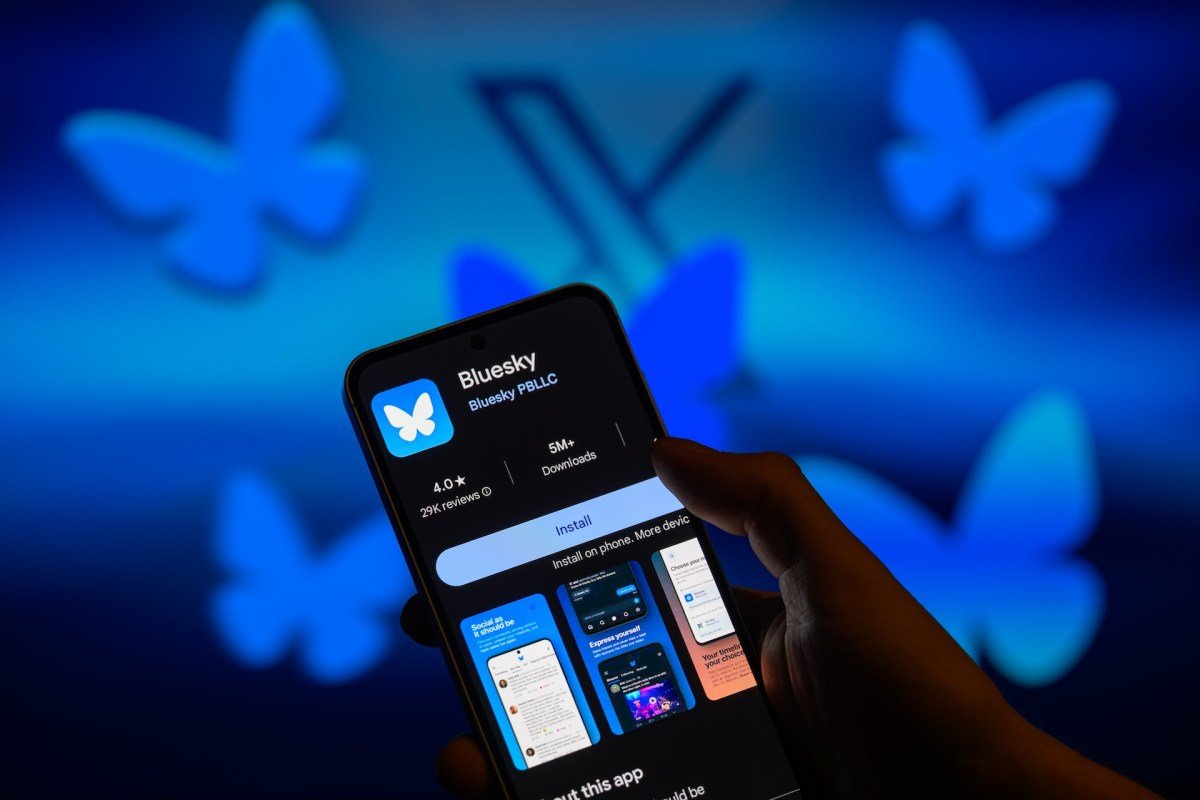


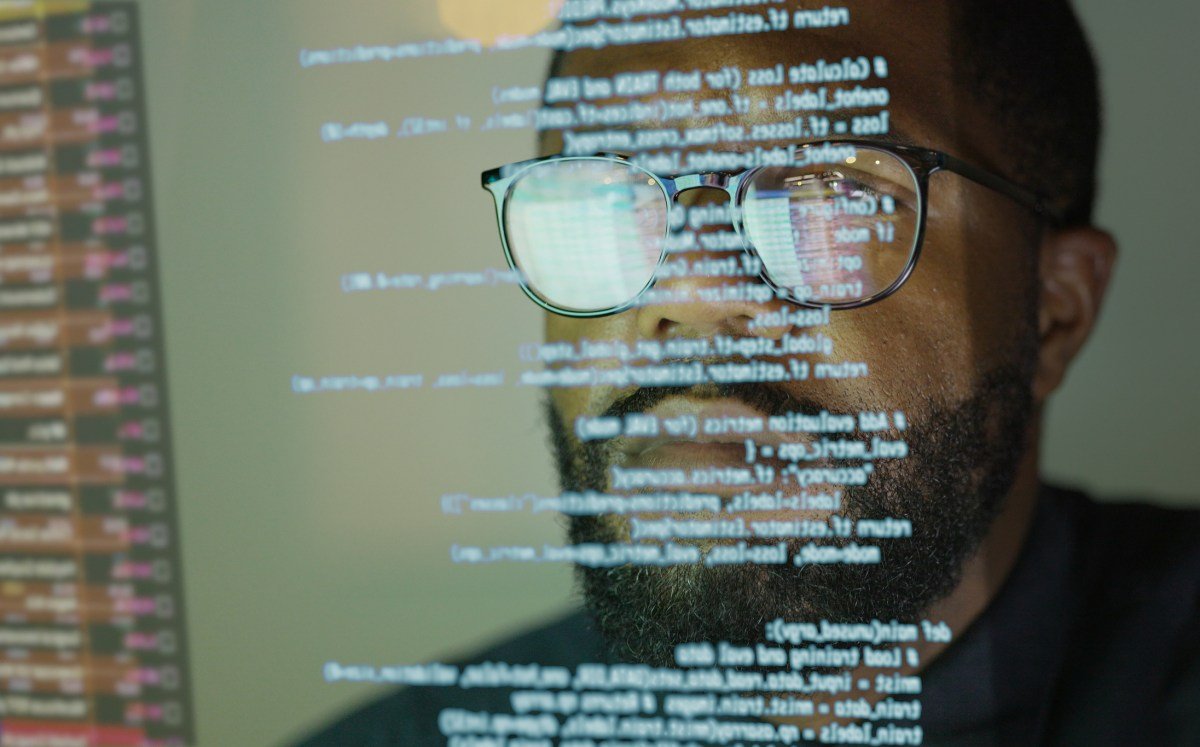

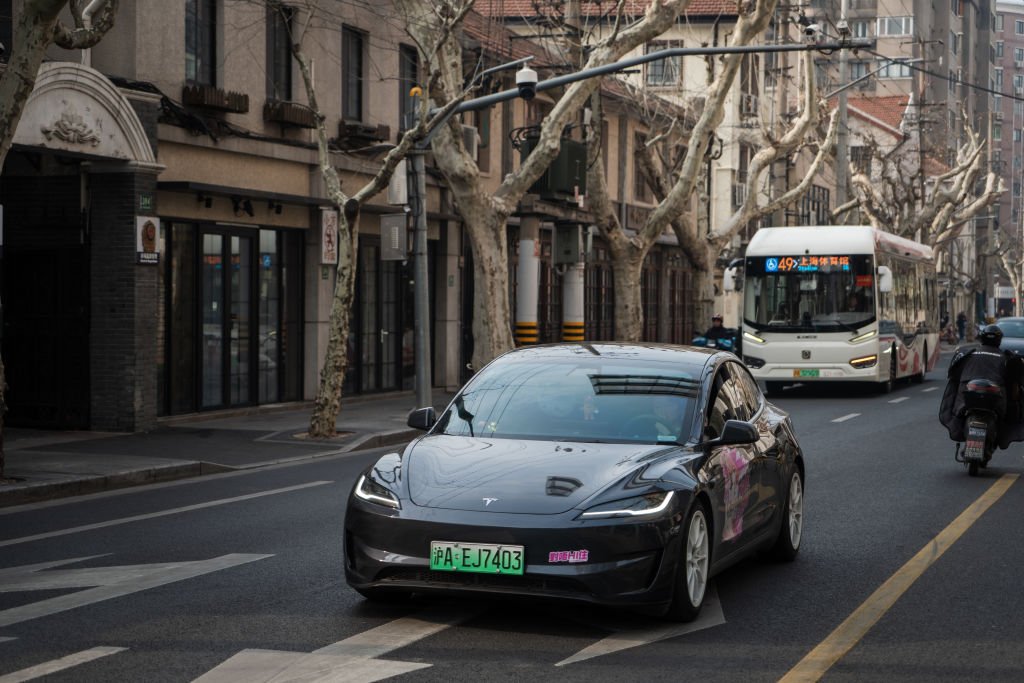

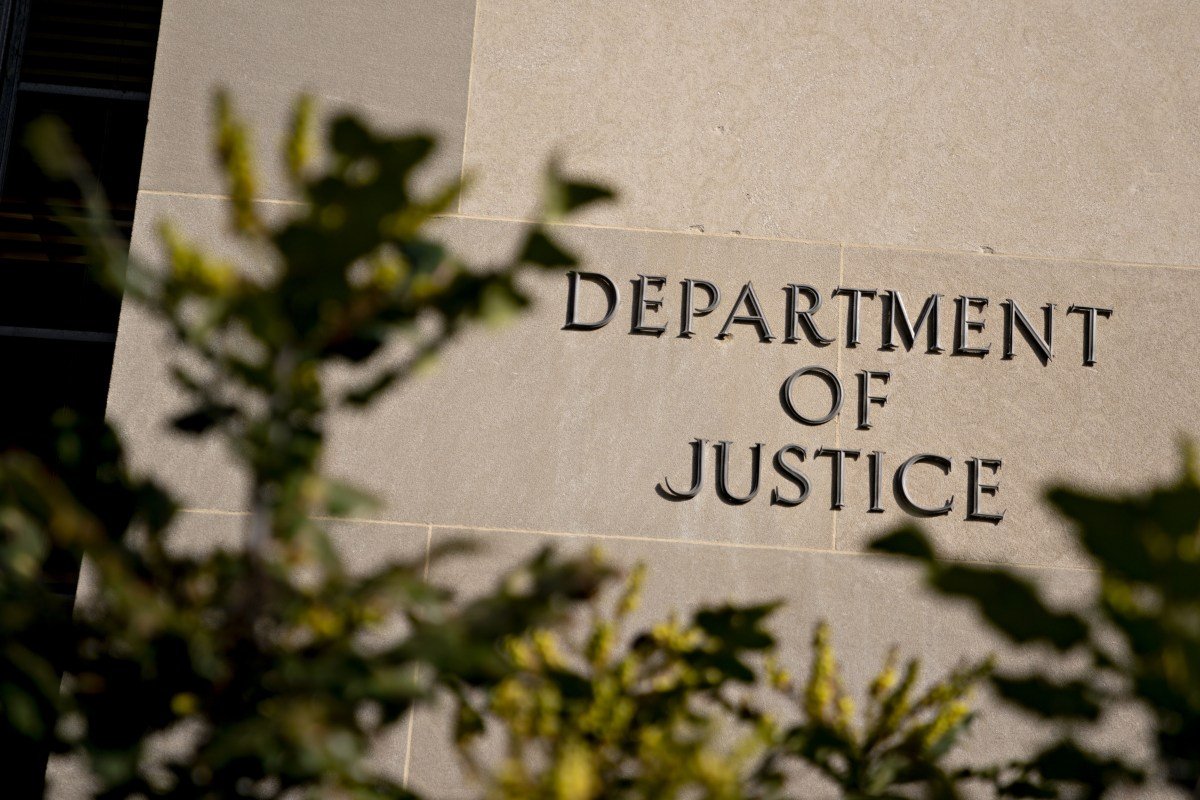
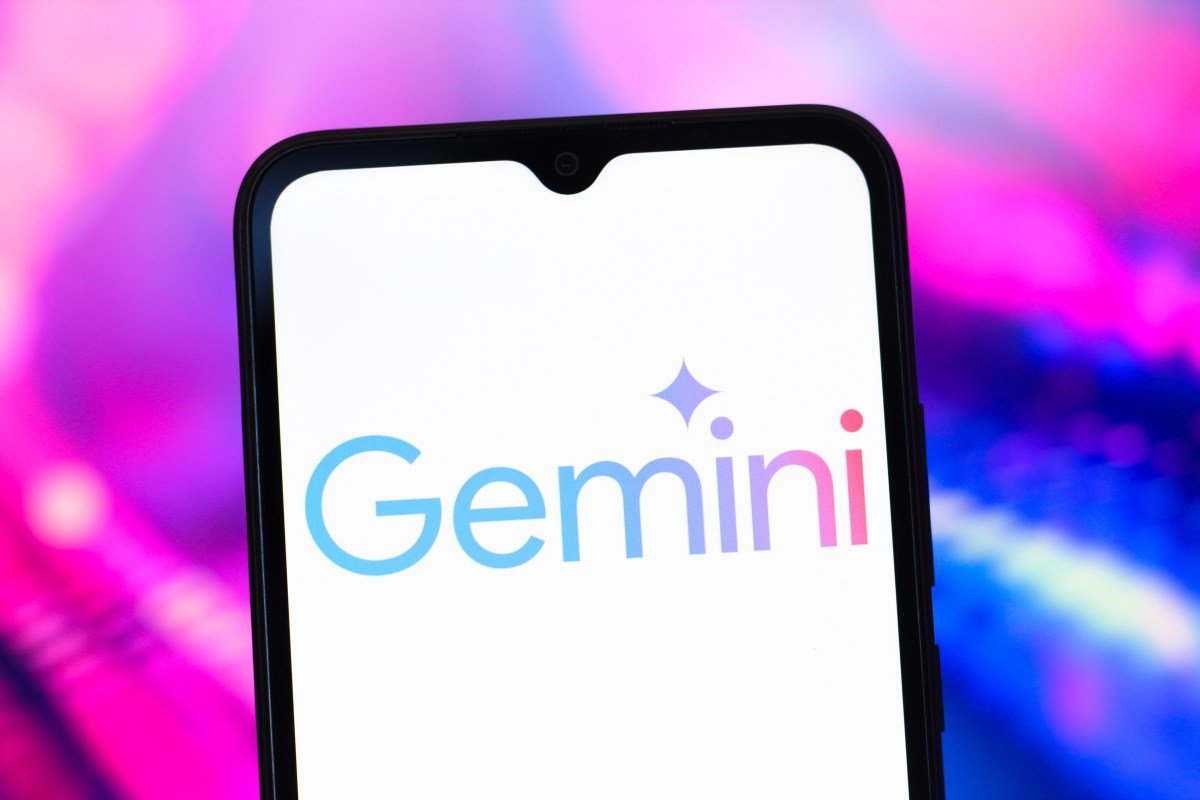



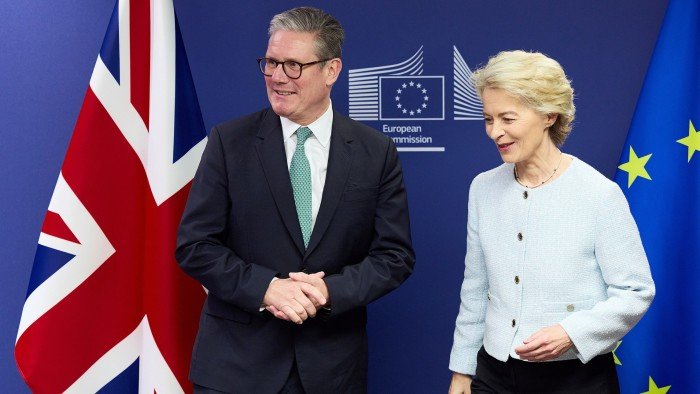

Leave a Reply